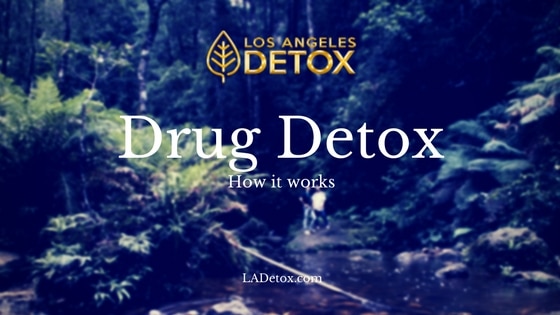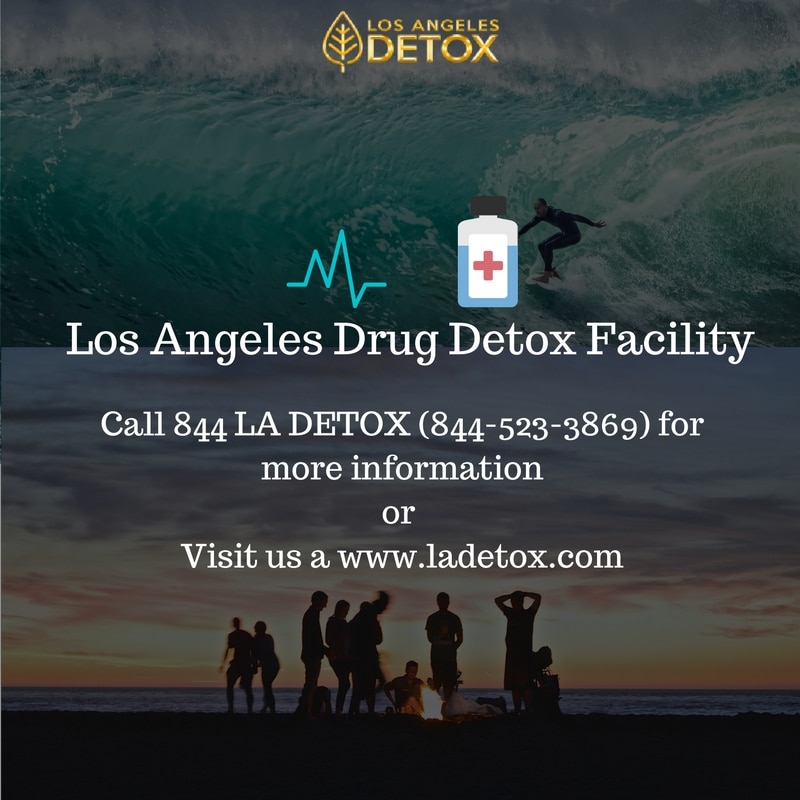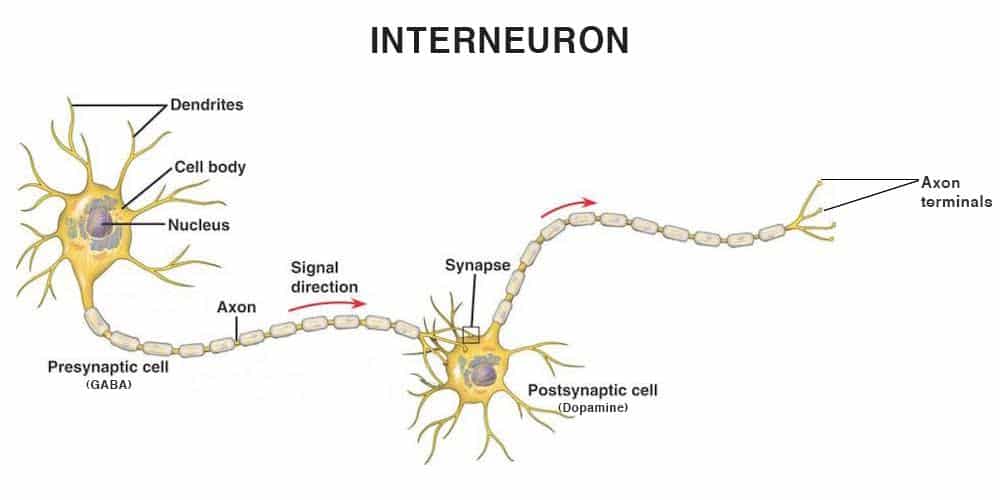Why is drug withdrawal a painful experience for addicts?
Withdrawals are painful because your body is used to the substances you’re abusing. When your body is used to having something in its system and it suddenly disappears it stresses your body out. This stress is associated with drug or alcohol withdrawal syndrome. Withdrawal syndrome is a set of symptoms that occur when you decrease…
Details







